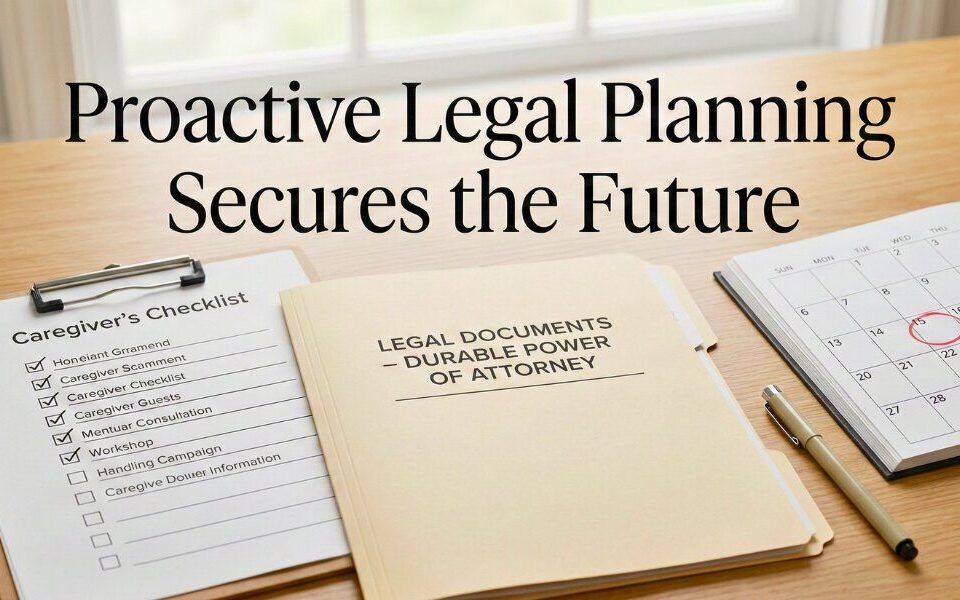Divorce is a complex matter at any age. If you’re a senior who may need Medicaid, it can give rise to additional questions about eligibility. You might have questions about changing income or asset limits or whether all marital assets still count. Seniors may also wonder if there are strategies to ensure their finances during the process. This post will explore Medicaid and divorce, the protections available for spouses, and ways to protect assets.
The Basics of Medicaid and Divorce
Before examining the effects of divorce on Medicaid, it is helpful to understand financial eligibility. Medicaid measures financial eligibility based on income and assets. This post will consider the eligibility requirements in Florida. However, they vary by state.
As of this writing, the income limit for individuals with regular Medicaid is $1,105 monthly. For married couples, that increases to $1,499 a month. The asset limits for regular Medicaid are $5,000 for individuals and $6,000 for couples.
For nursing home Medicaid, the income limit is $2,829 for individuals. A married couple may have up to $5,658 in monthly income if both spouses need care. However, the individual income limit applies if only one spouse needs care. The asset limit for an individual is $2,000. That increases to $3,000 for couples if both spouses apply.
These limits change every year. Applicants should also be aware that not all assets count toward eligibility.
Medicaid and Divorce
Divorce can have a significant impact on Medicaid eligibility, especially if one spouse needs long-term care. The first impact is on how Medicaid assesses income and assets. You will be subject to individual requirements instead of the higher thresholds for couples.
Some couples also consider divorce as a way for one partner to attain eligibility while protecting assets for the other. This approach may have unintended consequences and downsides. For example, Medicaid may count transfers when considering the lookback period. This strategy is also less useful now that Medicaid has spousal impoverishment provisions.
Spousal Impoverishment
Medicaid has spousal impoverishment protections to ensure the financial well-being of the community spouse. These provisions allow the spouse not receiving Medicaid to keep a portion of the couple’s assets and income. That ensures financial stability for the community spouse and allows couples to avoid divorce. Click here to learn more about protections for spousal impoverishment.
Potential Solutions
Beyond spousal impoverishment provisions, couples and individuals have options for protecting assets. Establishing a Medicaid Asset Protection Trust is one option. Medicaid-complaint annuities can also be part of planning finances and Medicaid eligibility in a divorce. However, these are complicated matters and may require professional guidance.
Both divorce and Medicaid eligibility are complex issues. Any mistake or oversight could have significant consequences. Contact professionals for expert advice if you’re concerned about Medicaid eligibility and considering a divorce. That may include an elder law attorney, a divorce lawyer, and a financial planner.
Are you interested in Medicaid planning and asset protection strategies? Click here to contact the Scott Law Offices. We can advise you on long-term care planning and create trusts to protect your assets. Reach out now to learn more.
Thanks for visiting!




